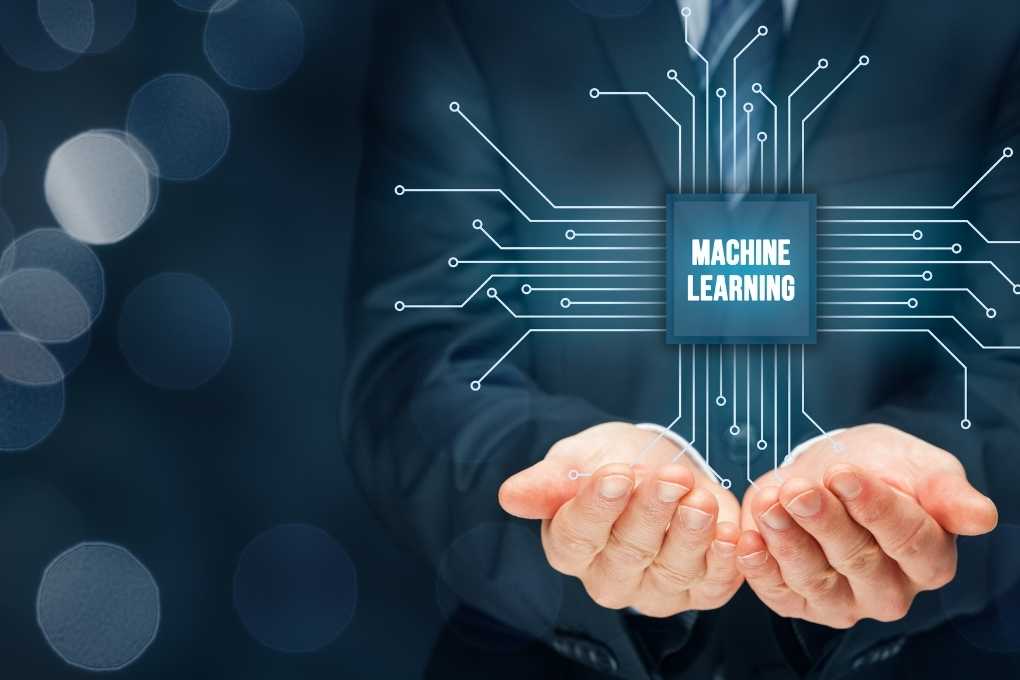Machine learning in production? Digitization is omnipresent and is dramatically changing all areas of society, including the manufacturing industry, of course. Mechanical engineering, in particular, will have to face challenges if it wants to retain its product leadership in many areas.
Software Is The Driver
Industry 4.0 is also being driven and made possible by the software. Only through applications can companies make their processes leaner and, therefore, more agile. They also ensure that the production line and back-office work together seamlessly. More importantly, software drives the network on which all Industry 4.0 components are built. In contrast to the classic digitization of business processes – such as ERP, CRM, PLM – or products (e.g., embedded or mechatronic systems), this requires understanding and thinking in the new, Internet-based world.
Machine Learning In Production
In mechanical engineering, the increasing interchangeability of a single machine in many areas will mean that in the future, it will no longer be the machine itself that will be sold but the performance and availability of a device. This changes the business basis for mechanical engineering significantly because the spare parts business, which was crucial, is no longer available. Instead, it is important to meet expectations in terms of 24/7 availability. In this context, one speaks of “disruptive changes.”
This is probably also why the topics of artificial intelligence and, in particular, machine learning are very present in management and many departments of mechanical engineers.
What AI And Machine Learning Is
Machine learning can be taken literally and translated with machine learning. IT systems are given the ability to recognize patterns and regularities based on existing databases and algorithms and develop solutions – i.e., to learn independently.
These algorithms do not simply follow strictly defined program specifications but also make data-based predictions by generating knowledge-based on examples – i.e., learning.
In industry, machine learning is based on a large amount of data obtained with the help of sensors, cyber-physical systems and software. Machine learning develops information from the data that makes production more efficient and easier to plan.
Turn Big Into Smart Data
The analysis of huge amounts of data (big data) has become a decisive factor for the efficient use of artificial intelligence in business. However, not only the amount of data is strong, but also the correct interpretation, and this is the only way big data can also become “smart data.”
AI In Practice
Machine learning in production offers a variety of potential benefits. The benefit of machine learning is particularly clear for predictive maintenance tasks: In the past, maintenance was often purely reactive. Only when an error had already occurred could it be corrected, which led to waiting times and downtime.
Today, maintenance is proactive. Because based on a lot of information gained, future problems on a machine can be diagnosed in good time and rectified in a plannable manner, even before a fault occurs and leads to a production interruption. For the maintenance of a machine builder or customer, maintenance can be planned and thus significantly more efficiently. Waiting times and downtimes are a thing of the past.
For the machine builder’s customers, this means that they can produce without interruption and thus reliably, as planned. But sensor technology in connection with software also allows machine efficiency to be optimized in the sense of fine-tuning. Machine learning thus enables both machine builders and their customers to optimize their processes.
Depending on the application area, added value can be achieved for the user and operator of the machine – better utilization through shorter set-up times, reliable production planning or “zero” error production. Conceivable expert systems, as an integral part of the machines, would enable faster familiarization and less training effort. Ultimately, operation during operation could also be simplified with appropriate support.
Also Read: Chatbot AI: How Powerful Is The Artificial Intelligence Of Chatbots?





